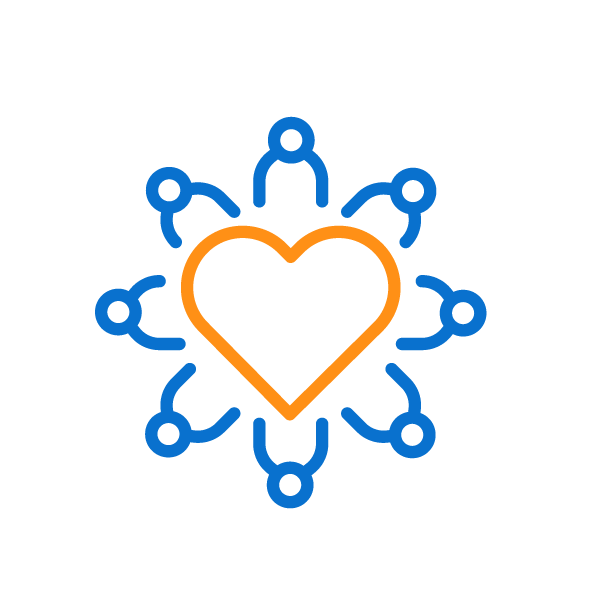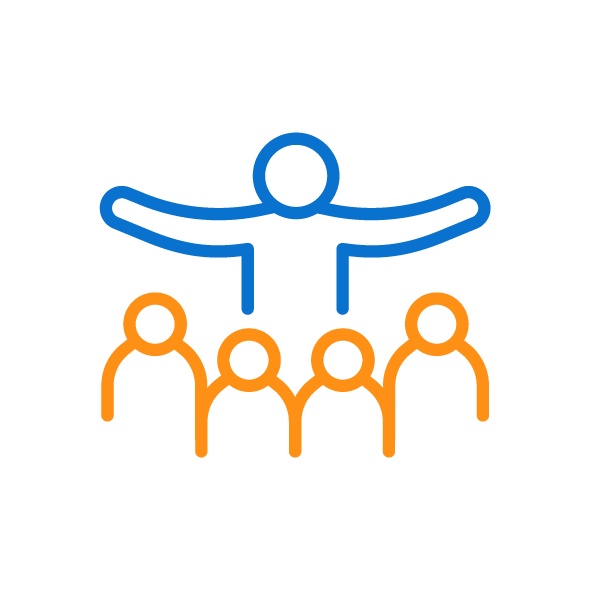At The Shoreline Therapy Center, we provide therapy and counseling that not only begins in the therapist’s office but also extends throughout the person’s life. We treat our clients in real, relatable terms — no psychobabble allowed — with sensitivity, care and privacy.
Call 203.453.2999
Child & Adolescent Therapy
Our approach always includes the family. Usually, we begin the therapy with a session just with the parents followed by three-to-four sessions with the…
Individual Adult Therapy
We believe the most critical step in therapy is determining the right fit between the individual and therapist. When a client begins with us, we schedule a meeting...
Couples Therapy
We believe the most important factor is finding a “safe place” where the couple can work on key issues. This allows us to “dig deep” and get to the underlying factors affecting...
Family Therapy
Our goal in family therapy is to take what is in many situations a dysfunctional family and to turn it into a functional family. A systems approach is particularly relevant for...
Co-Facilitated Therapy
We often employ co-facilitated therapy across all of our practice areas as the situation warrants. At The Center our team approach allows us the advantage...
Group Therapy
We generally employ a co-facilitated approach to bring multiple perspectives, usually by one of our therapists in conjunction with a Connections counselor...
One-on-One Coaching
We offer one-on-one coaching either to supplement any type of our therapies or on a stand-alone basis. Our coaches are adept at helping individuals deal with the obstacles...
Executive Functioning
Executive functioning helps manage all of life’s tasks. It is the ability to plan, adapt, manage time, have organizational skills, multi-task, and use self-control...
Case Management
At The Shoreline Therapy Center, our case managers are responsible for coordinating with our therapists, coaches, personal fitness trainers as well as external parties such as...
Child & Adolescent Therapy
Our approach always includes the family. Usually, we begin the therapy with a session just with the parents followed by three-to-four sessions with the…
Individual Adult Therapy
We believe the most critical step in therapy is determining the right fit between the individual and therapist. When a client begins with us, we schedule a meeting...
Couples Therapy
We believe the most important factor is finding a “safe place” where the couple can work on key issues. This allows us to “dig deep” and get to the underlying factors affecting...
Family Therapy
Our goal in family therapy is to take what is in many situations a dysfunctional family and to turn it into a functional family. A systems approach is particularly relevant for...
Co-Facilitated Therapy
We often employ co-facilitated therapy across all of our practice areas as the situation warrants. At The Center our team approach allows us the advantage...
Group Therapy
We generally employ a co-facilitated approach to bring multiple perspectives, usually by one of our therapists in conjunction with a Connections counselor...
One-on-One Coaching
We offer one-on-one coaching either to supplement any type of our therapies or on a stand-alone basis. Our coaches are adept at helping individuals deal with the obstacles...
Executive Functioning
Executive functioning helps manage all of life’s tasks. It is the ability to plan, adapt, manage time, have organizational skills, multi-task, and use self-control...
Case Management
At The Shoreline Therapy Center, our case-managers are responsible for coordinating with our therapists, coaches, personal fitness trainers as well as external parties such as...
The Connections Difference
The Shoreline Therapy Center’s Connections Program provides intensive, comprehensive community-based behavioral health care to children, adolescents and adults...
The Connections Program
The Connections Program is a unique approach to therapy, existing in a space somewhere between individual counseling and a residential-based program. Essentially, it’s a community based integrative outpatient program…

The Connections Difference
…learn more»

Our Model of Care
…learn more»

Populations Served
…learn more»

clients-story
…learn more»
— Blogs —
Improving Executive Functioning Skills
How to Improve Executive Functioning Skills If you’ve ever found yourself missing deadlines, struggling to stay focused, or procrastinating despite your best intentions, you're not alone. These challenges often stem from executive functioning difficulties – skills...
Oppositional Defiant Disorder
Oppositional Defiant Disorder (ODD) is a treatable and sometimes challenging disorder to work with in children. Parenting is a challenge for many families and adding difficult behavior to the mix can feel overwhelming. There are ways to catch ODD symptoms and...
Mental Health Awareness Month
It’s Mental Health Awareness month—a time to reflect, educate, and advocate for better mental well-being for all. Mental Health Awareness Month was established in 1949 to increase awareness and importance of mental health and wellness. Though conversations about...
Improving Executive Functioning Skills
How to Improve Executive Functioning Skills If you’ve ever found yourself missing deadlines, struggling to stay focused, or procrastinating despite your best intentions, you're not alone. These challenges often stem from executive functioning difficulties – skills...
Oppositional Defiant Disorder
Oppositional Defiant Disorder (ODD) is a treatable and sometimes challenging disorder to work with in children. Parenting is a challenge for many families and adding difficult behavior to the mix can feel overwhelming. There are ways to catch ODD symptoms and...
Mental Health Awareness Month
It’s Mental Health Awareness month—a time to reflect, educate, and advocate for better mental well-being for all. Mental Health Awareness Month was established in 1949 to increase awareness and importance of mental health and wellness. Though conversations about...
Will AI Replace Therapy?
In recent years, artificial intelligence has made waves in nearly every industry—medicine, education, business, and even mental health. AI-powered chatbots and virtual assistants can now offer mindfulness tips, mood tracking, and even cognitive-behavioral strategies....














